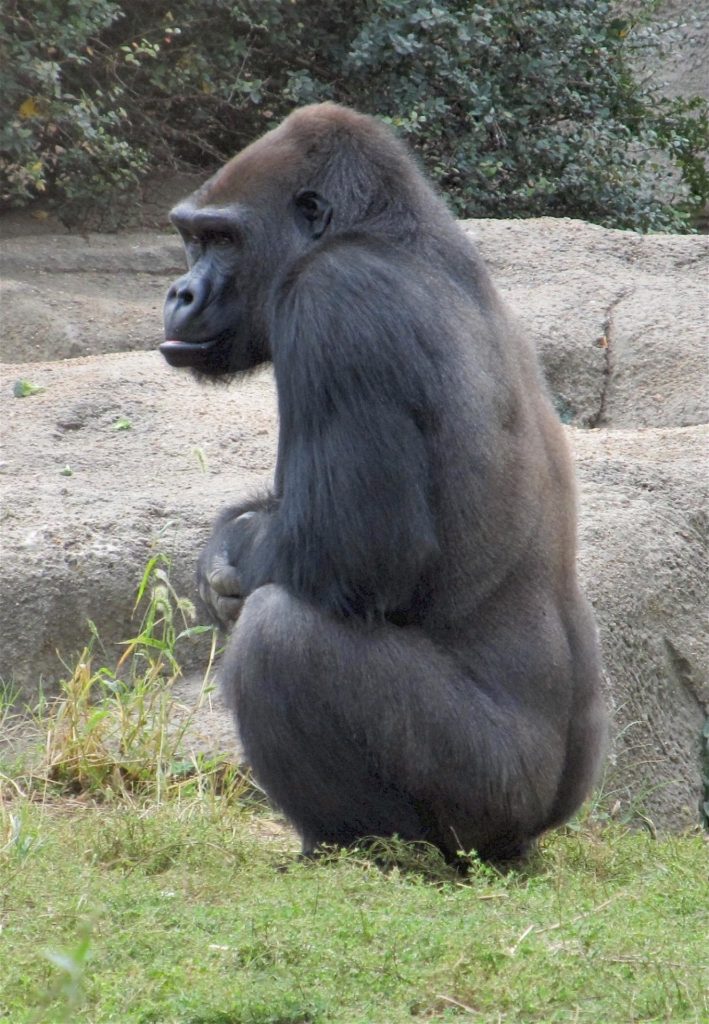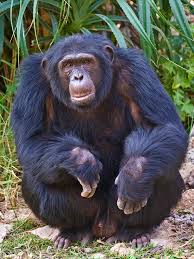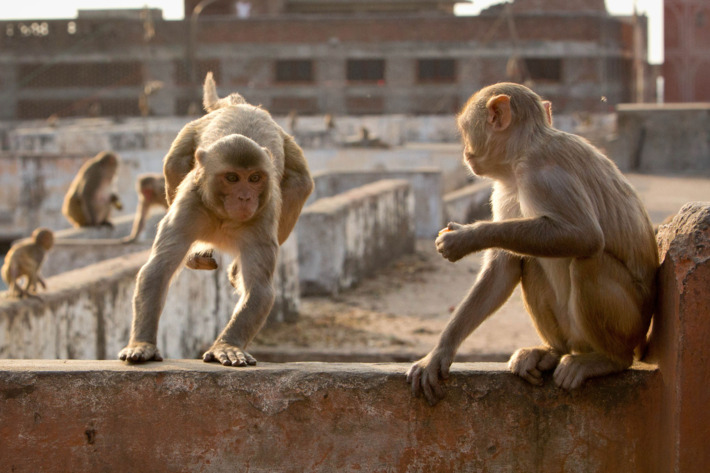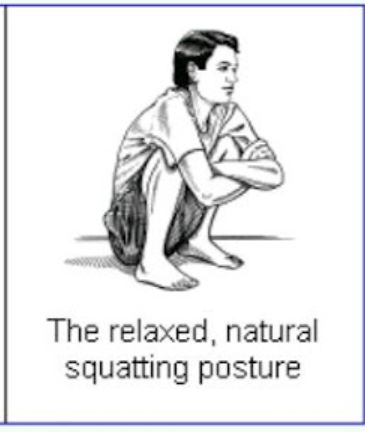How should we approach our wellbeing?
What stance should we take?
Primarily, I think we have two options:
One
One is to not engage with the issue, which is to admit both defeat and to admit to accepting a wider and long-term negativity in our lives. That might seem a stark reduction, but when you strip it down, I think that is the outcome of not being bothered about our wellbeing. It becomes a wellbeing nihilism that somehow reasons out that “I won’t mind being Ill” and so on…
Two
The other stance is what has been called “The Warrior Stance”; which is to take a confrontational and stoic approach towards our own wellbeing. To choose to fight to take care of ourselves.
There might be other approaches but, in my opinion, the only choice that comes out of rationally reasoning about my own health and wellbeing and options is to take The Warrior Stance.
What is The Warrior Stance?
Essentially TWS is two modes of action aimed at optimising our being and wellbeing, The Smarts and The Skills needed for optimum health and energy and focus and enjoyment with minimum… fuss.
Smarts
The first mode, the smarts, is primarily about the understanding and acceptance of these five principles:
- Time is short and precious.
- Good experiences are precious.
- We cannot directly change much about the world.
- We can directly change much about ourselves and our experiences.
- It is unskillful to waste the precious.
In a sense, this mode is about convincing yourself that you should learn the skills and smarts to fight for your wellbeing based just on those five principles.
But…if this doesn’t convince you then you could consider the economic costs to you and yours of not looking after yourself. Or consider the strain on loved ones, or the drain on the state, that is the result of not looking after oneself. Finally, consider all the people who have lived, or live, without the opportunity that you have right now to strive to improve your wellness, is there not some kind of moral imperative not to miss the opportunity that most people with Google and Amazon have right now?
We should strive to improve our wellbeing. Is this not a no-brainer?
I think it is, I imagine any reasonable reader, who isn’t in self-destruct mode, would also come up with the same conclusion pretty quickly. Additionally, I think it is a no-brainer that we should try to enjoy this striving:)
Perhaps, in essence, this is the attitude of The Warrior Stance:
To fight and to enjoy the fight and to realise and train for the fact the fight will mostly be against ourselves #pringles.
Skills
The second mode of The Warrior Stance to wellbeing is about the understanding and practice of skills aimed at optimising our health, energy, mentality, outcomes… and so on. The things that make us honestly answer “Yes!” to the question, “Are you well?”.
These skills do not just stand in isolation, rather they are integrated and informed together and linked in with our growing understanding of what we learn and experience with our progress.
These skills should be practised efficiently: Not Wasting Time is, itself, a key skill.
There is so much information out there, and I will be writing shortly on how best to approach that. A guiding principle to decide which areas to consider as the next thing I want to understand and, maybe practice, is to try to assess things in terms of their:
- Cost (time/money/focus)
- Risk (We should be prudent with risk, I think. Not reckless)
- Benefit (potential and actual and enjoyment)
There are sup’s out there I would love to try but just cannot afford.
There are vitamins that have significant risk and others that are close to harmless. I won’t take the former.
Of key importance to this practice is the Smarts that: Some things for me will work out differently to some things for you. This is not an off the wall statement but a fundamental biological outcome of the way we are genetically and lifestylewise. Understanding this illuminates so much of the confusion that can confront one once they start looking at health and wellbeing information online.
The Warrior Stance is, in part about navigating this for yourself, finding out what is good information and good practice for you. All Are Different.
Even so, perhaps, luckily, there are some things that seem to be absolute no-brainers for almost everyone on the planet. These are the things I focus on with my coaching and the things I think we would all benefit from optimising. Things like:
- Getting Enough Sleep
- Getting Enough Sunlight
- Not Eating Always
- Increasing Heart Rate
- Being Well Hydrated
TWS Mindset
Linking together all of the wellbeing practices needs to be a foundation of mental Fortitude. East and west, old and new, Fortitude is considered one of the great virtues. Its practice is not always easy, as we know, but the benefits are huge and deep.
We all can be weak-willed, we all know how souring this can be.
In terms of optimising wellbeing, weak will will be one of our biggest adversaries. In this fight for our wellbeing, we are ultimately fighting ourselves. If you are considering embracing TWS towards your wellbeing then I really urge that you face to yourself and acknowledge your weakness of will and, kinda, let it know that you are going to strive to eliminate it. This is good practice, I think.
I should say, absolutely, it is important that the stark, but relatively optimistic, reality of the wellbeing war ahead of you, inside of you, needs to be tempered with lightheartedness about the fight. You need to be able to say “**** it” and let it go and embrace cake and crips and all of that.
Also, you need to remind yourself that, although your wellbeing is really, really important to you, so are your friends and family. I suggest we don’t let our inner, fun, wellbeing battles become the annoyances of others. I have been that guy and after a couple of fermented apple juices, I might be again!:P
Finally, it is not skilful warrior training to fret about wellbeing issues.
Be a Warrior, not a worrier. Woop Woop!
Thanks for reading! If you liked this please subscribe to my Wellbeing Philosophy Newsletter at: http://matripley.co.uk/newsletter/





